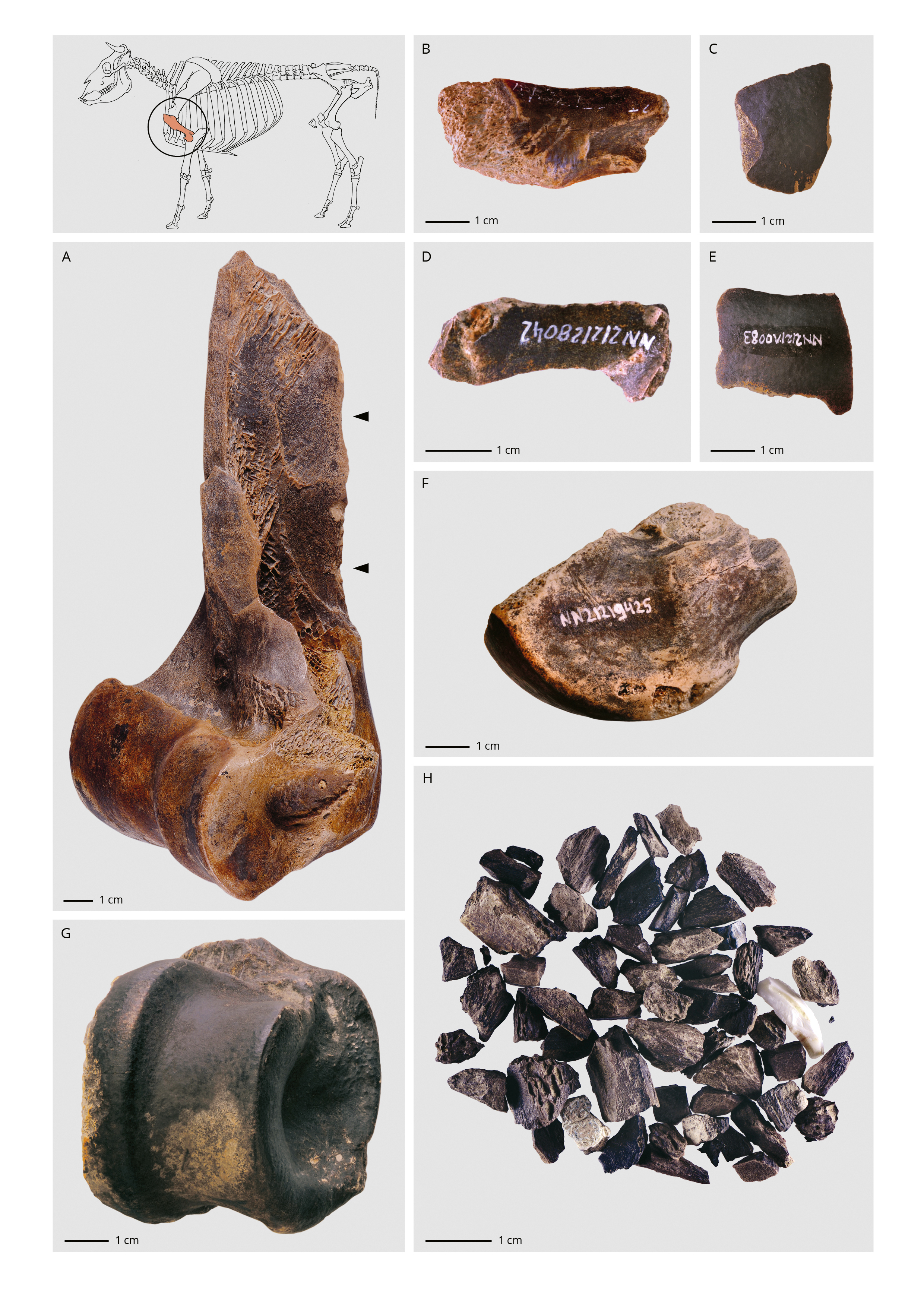Grease is the word – at least, it was for Neanderthals living in what is now Germany some 125,000 years ago. New research shows that our extinct cousins collected huge quantities of animal bones at a dedicated “fat factory”, where they intensively processed them to extract bone grease, adding vital nutrients to their diet. It might not make the best premise for a high-school musical (or would it?…), but it does enhance our understanding of the cognitive and behavioral capabilities of prehistoric hominins. Tell me more, tell me more (well-a, well-a, well-a HUH!).
“Muscle meat – the stuff that we like to throw on the barbecue – was generally considered by ancient hunter-gatherers to be dog’s food,” says study author Wil Roebroeks from Leiden University. “You can only consume 300 grams of protein a day [and stay healthy]… so you need a lot of other carbohydrates or fat to reach your daily energy requirements,” he tells IFLScience.
It’s well known that Upper Paleolithic Homo sapiens relied heavily on bone grease to supplement their steaks and keep themselves caloried-up. “They pounded grease-rich bones into very small fragments, which must have been quite an investment in terms of time and effort, and then probably heated these in water to skim off the fat after a few hours,” explains Roebroeks.
Until now, scientists had never discovered evidence for this behavior prior to 28,000 years ago, which was well after Neanderthals had disappeared from the fossil record. Yet the authors of the new study reveal for the first time that bone-grease rendering was conducted on a large scale at the Neanderthal site of Neumark-Nord, where the fragmented remains of 172 large mammals – including horses and deer – were discovered.
“The […] assemblage testifies to the creation of tens of thousands of small fragments, mainly derived from fat-rich bones, for marrow and grease production, a substantial investment by the site’s occupants of both time and effort aimed at retrieving precious lipids from a large number of prey animals,” write the researchers. “The evidence […] constitutes the earliest clear case of intensive grease-rendering yet documented for the Paleolithic.”

Bones and bone fragments from Neumark-Nord, providing evidence for the extraction of bone grease.
Image credit: Lutz Kindler, LEIZA-Monrepos
However, while the site may represent the first known Neanderthal fat factory, Roebroeks says he’s not too surprised by the finding, given that “we know that they were already fooling around with birch bark 200,000 years ago to produce pitch [a type of adhesive]”. Evidence from multiple Neanderthal sites reveals that they developed sophisticated techniques for controlling the temperature of their glue-making furnaces, so the fact that they also rendered bone grease is in line with our understanding of their cognitive abilities.
“But the interesting thing is that it takes away a bit of that idea that these were immediate-return societies, which were focused on the here and now and didn’t invest in any way in future activities,” says Roebroeks. “I think it opens up the possibility that they may have been involved in storage of food,” he adds.
According to the authors, the huge cache of bones may have been collected over a period of time before being imported to Neumark-Nord in one massive load, where they were intensively processed into calorie-rich grease. This, in turn, suggests forward planning and the capacity for delayed gratification by this group of Neanderthals.
Exactly how the bone grease was consumed is currently unclear, although the study authors say that it could have been stored in dried form or “added to vegetable stews to make them more nutritious.”
The study is published in the journal Science Advances.
Source Link: 125,000-Year-Old Neanderthal “Fat Factory” Shows They Gorged On Bone Grease